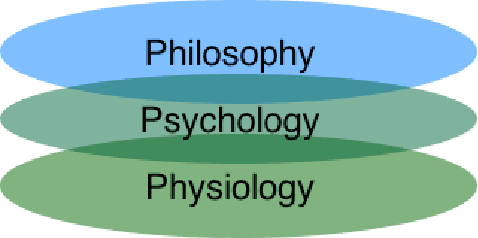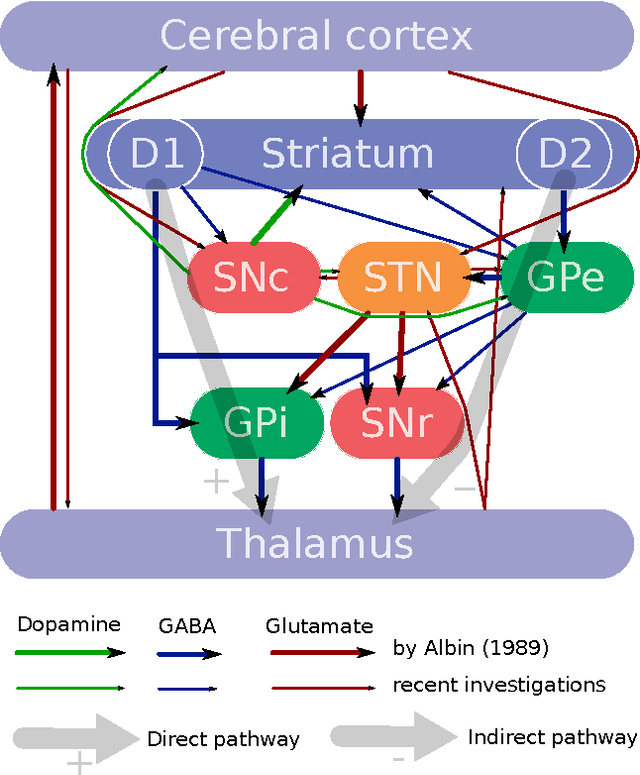Jordi Vallverdú
Towards Anthropo-inspired Computational Systems: the $P^3$ Model
Jun 10, 2016

Abstract:This paper proposes a model which aim is providing a more coherent framework for agents design. We identify three closely related anthropo-centered domains working on separate functional levels. Abstracting from human physiology, psychology, and philosophy we create the $P^3$ model to be used as a multi-tier approach to deal with complex class of problems. The three layers identified in this model have been named PhysioComputing, MindComputing, and MetaComputing. Several instantiations of this model are finally presented related to different IT areas such as artificial intelligence, distributed computing, software and service engineering.
A Cognitive Architecture for the Implementation of Emotions in Computing Systems
Jun 09, 2016



Abstract:In this paper we present a new neurobiologically-inspired affective cognitive architecture: NEUCOGAR (NEUromodulating COGnitive ARchitecture). The objective of NEUCOGAR is the identification of a mapping from the influence of serotonin, dopamine and noradrenaline to the computing processes based on Von Neuman's architecture, in order to implement affective phenomena which can operate on the Turing's machine model. As basis of the modeling we use and extend the L\"ovheim Cube of Emotion with parameters of the Von Neumann architecture. Validation is conducted via simulation on a computing system of dopamine neuromodulation and its effects on the Cortex. In the experimental phase of the project, the increase of computing power and storage redistribution due to emotion stimulus modulated by the dopamine system, confirmed the soundness of the model.
 Add to Chrome
Add to Chrome Add to Firefox
Add to Firefox Add to Edge
Add to Edge